Native American Heritage Month: History & Reflections
Director of Community, Inclusion, & Belonging, Cristina Usino, offers a brief history of and reflections on Native American History Month.
What is Native American Heritage Month?
Native American Heritage Month, observed in the United States throughout the month of November, is a time dedicated to recognizing and celebrating the rich and diverse cultures, traditions, histories, and contributions of Native American peoples. The month provides an opportunity to honor the heritage and achievements of indigenous communities, as well as to raise awareness about the challenges and issues they continue to face.
The origins of Native American Heritage Month can be traced back to efforts by Native American advocates and activists. It began as a week-long observance, initially proposed by Red Fox James, a Native American of the Blackfeet Nation, in 1915. Later, in the early 1990s, it evolved into a month-long celebration to provide a more extensive platform for educating the public about the history and ongoing struggles of Native Americans.
Native American Heritage Month, also known as American Indian and Alaska Native Heritage Month, is an opportunity for us to reflect on the enduring impact of indigenous people on our country. We remember that Native Americans are not just a part of history; they are integral to the present and future of our nation. This month gives us a chance to learn about their traditions, their art, their languages, and their resilience in the face of historical challenges.
Reflection from the Desk of Cristina Usino
Six years ago, I was at Colgate University awaiting to provide a training to their entire first-year class on consent and the tenets of safety in relationships. I had provided this training and workshop a dozen times at various colleges/universities, so I was ready, but still nervous.
One of the counselors in the counseling department asked if she could wait with me to aid in calming my nerves before I went on stage in front of eight hundred energetic first-year students. I happily accepted the invitation. She brought me into her office to show me her altar of pictures of her ancestors, herbal flowers, dried herbs, precious stones and much more. She shared that she provided traditional therapeutic models to students while sharing with them indigenous healing frameworks and practices. I was mesmerized by her wisdom and her relationship with nature. She handed me a book that would leave an everlasting impact on my own therapy practice and work with students. The book not only informed my educational and clinical psychology praxis, it transformed my relationship with nature.
 Braiding Sweetgrass: Indigenous Wisdom, Scientific Knowledge, and the Teachings of Plants by Robin Wall Kimmerer is a beautifully written and deeply insightful book that weaves together indigenous wisdom, ecology, and personal narratives into a tapestry of ecological and cultural exploration. Kimmerer, a Native American botanist and member of the Citizen Potawatomi Nation, takes the reader on a journey through the natural world, showing how the land and its inhabitants hold valuable lessons for humanity.
Braiding Sweetgrass: Indigenous Wisdom, Scientific Knowledge, and the Teachings of Plants by Robin Wall Kimmerer is a beautifully written and deeply insightful book that weaves together indigenous wisdom, ecology, and personal narratives into a tapestry of ecological and cultural exploration. Kimmerer, a Native American botanist and member of the Citizen Potawatomi Nation, takes the reader on a journey through the natural world, showing how the land and its inhabitants hold valuable lessons for humanity.
Her lyrical prose and storytelling prowess make complex scientific concepts accessible to all readers, and she encourages a more harmonious and reciprocal relationship between humans and the environment. Through her experiences as a mother, scientist, and indigenous woman, Kimmerer imparts a profound sense of responsibility for the planet and offers a vision of hope and healing. Braiding Sweetgrass is a thought-provoking and inspiring work that not only educates but also deeply touches the heart, leaving readers with a renewed sense of wonder and a stronger connection to the natural world. It is a must-read for anyone interested in environmental conservation, indigenous wisdom, and the intersection of science and spirituality.
.jpeg?width=231&height=289&name=IMG_4370%20(1).jpeg) |
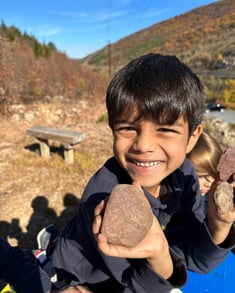 |
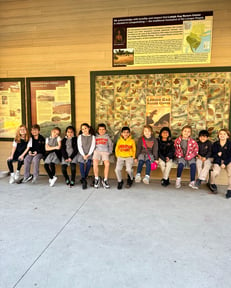
|
As we engage our third-graders with a Lenape Unit in Lower School, study the ecological systems in Middle School science, and dive into Native American history at the Upper School, may we be moved by Robin Wall Kimmerer’s invitation to awaken a wider ecological consciousness that requires the acknowledgment and celebration of our reciprocal relationship with the rest of the living world. For only when we can hear the languages of other beings will we be capable of understanding the generosity of the earth, and learn to give our own gifts in return.


 myMA
myMA

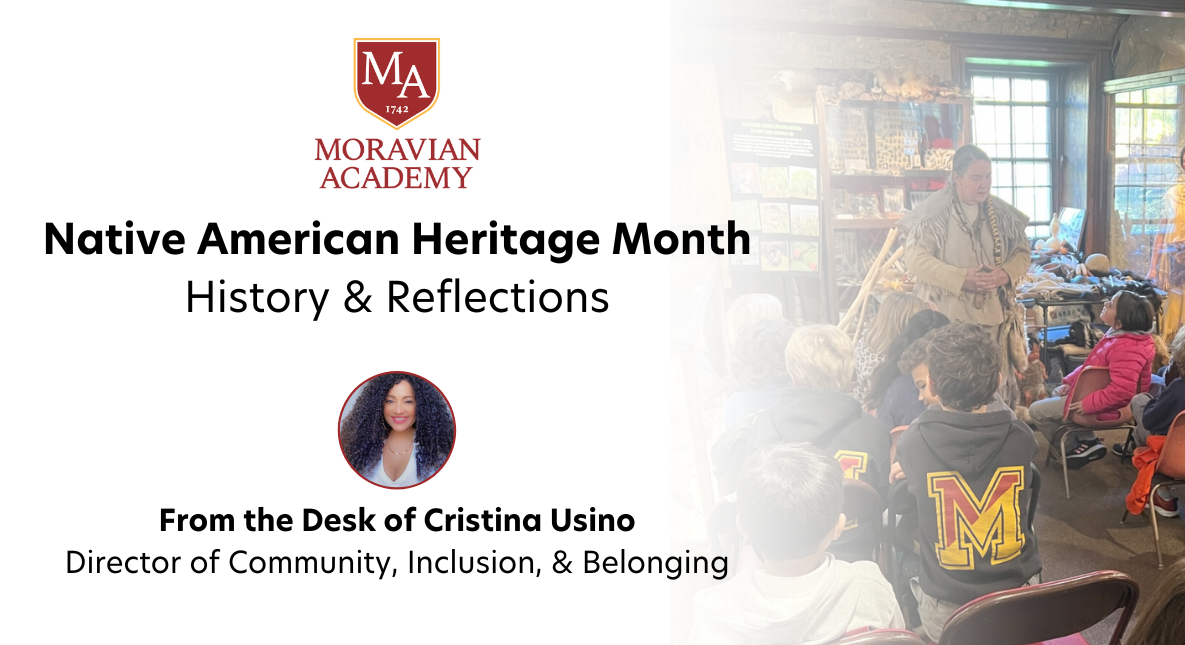

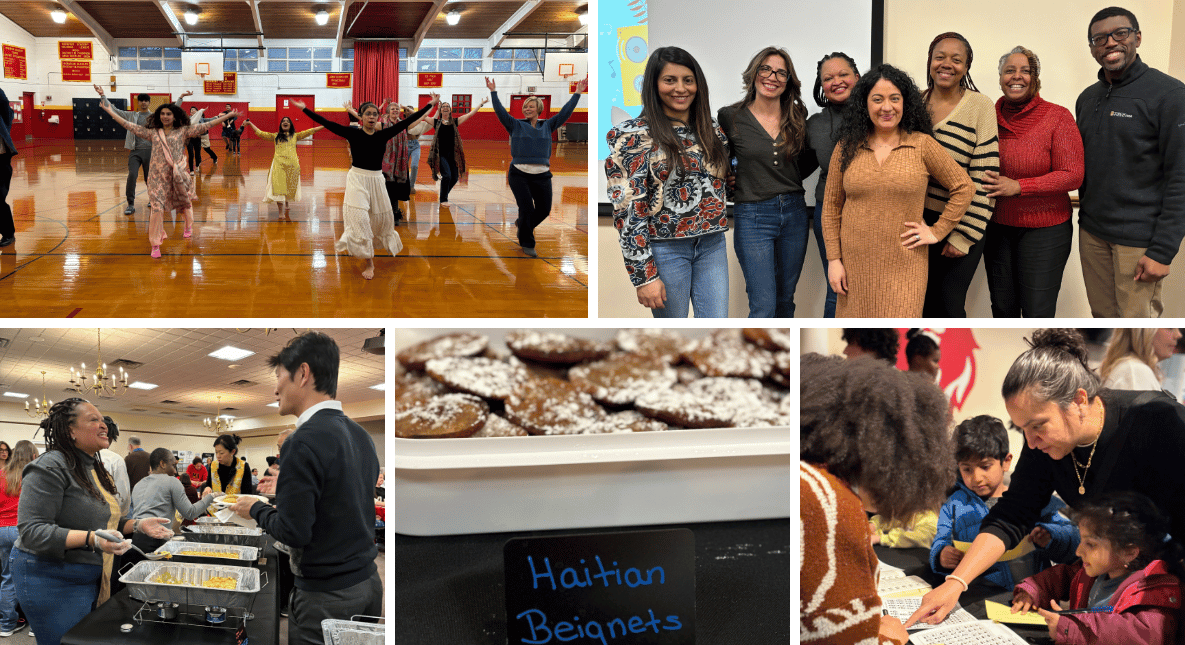
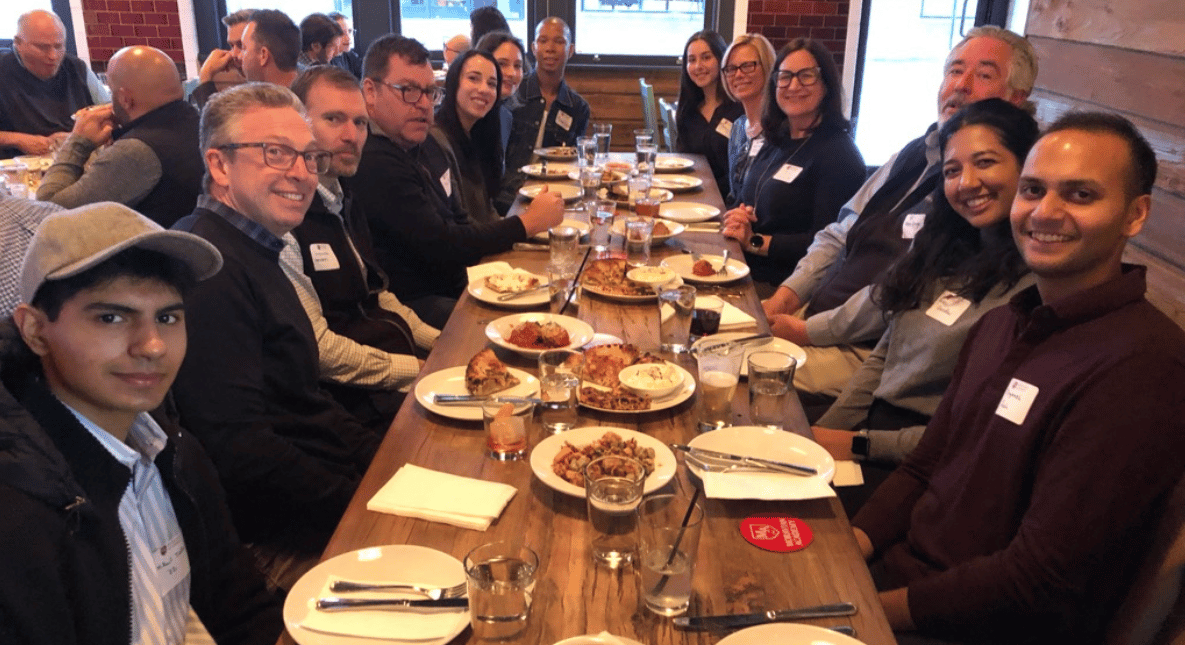
.png)





